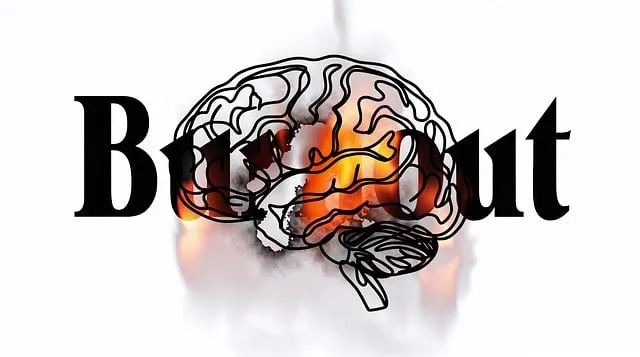The Westminster Kaiser Permanente mental health phone number provides crucial crisis intervention services, offering immediate support for emotional distress through evidence-based strategies like mood management and coping skill development. By creating safe spaces for expression, professionals empower individuals to build inner strength and resilience, preventing escalation and promoting long-term well-being. Open communication, active listening, grounding exercises, mindfulness, and self-care practices are key components of these interventions, aiding in emotional healing and depression prevention.
“In moments of crisis, effective intervention can make a profound difference. This article offers comprehensive guidance on crisis intervention strategies, focusing on the vital role played by mental health professionals in emergency situations. We explore practical strategies for supporting individuals in distress and providing resource-rich guidance.
From understanding the basics of crisis intervention to leveraging resources like the Westminster Kaiser Permanente mental health phone number, this guide equips readers with essential tools to offer immediate assistance.”
- Understanding Crisis Intervention: A Brief Overview
- The Role of Mental Health Professionals in Emergency Situations
- Practical Strategies for Effective Crisis Support and Resource Guidance
Understanding Crisis Intervention: A Brief Overview

Crisis intervention strategies are vital tools designed to provide immediate support and guidance during moments of intense distress or emotional turmoil. These interventions aim to stabilize individuals, prevent further escalation, and initiate the emotional healing processes necessary for long-term well-being. When faced with a crisis, whether it’s a personal trauma, severe stress, or a mental health emergency, accessing prompt assistance can make a significant difference in an individual’s journey towards recovery.
The process often involves a skilled professional, such as those available at the Westminster Kaiser Permanente mental health phone number, who offers a safe and non-judgmental space for individuals to express their concerns. These interventions focus on immediate relief, ensuring individuals feel heard and understood while also guiding them toward developing effective coping strategies. By fostering confidence boosting techniques and providing resources for stress management workshops within organizations, crisis intervention can empower individuals to navigate challenging situations and promote resilience.
The Role of Mental Health Professionals in Emergency Situations

In emergency situations, mental health professionals play a pivotal role in crisis intervention. Their expertise and specialized training enable them to provide immediate support and guidance, helping individuals navigate turbulent times. When facing a crisis, whether it’s a sudden loss, traumatic event, or acute mental health episode, these professionals offer a stabilizing presence. They are equipped to assess the situation swiftly, implement evidence-based strategies for mood management, and foster the development of inner strength in those affected.
The Westminster Kaiser Permanente mental health phone number serves as a critical resource, offering immediate access to experts who can provide vital assistance. These professionals not only offer short-term relief but also equip individuals with valuable coping skills to manage future challenges. By doing so, they empower people to bounce back from adversity and lead more fulfilling lives.
Practical Strategies for Effective Crisis Support and Resource Guidance

In times of crisis, providing effective support and guidance can make a significant difference in an individual’s life. When faced with emotional distress or mental health challenges, people often seek help from resources like the Westminster Kaiser Permanente mental health phone number, which offers specialized assistance. Here are some practical strategies to enhance crisis intervention:
Encourage open communication by creating a safe and non-judgmental space for individuals to express their feelings. Active listening skills can help professionals or caregivers understand the person’s perspective, identify underlying issues, and offer tailored support. Combining this with techniques like grounding exercises and mindfulness practices can aid in stabilizing emotions during a crisis. Additionally, promoting self-care and inner strength development through activities such as journaling, meditation, or engaging in hobbies can empower individuals to manage future challenges. By combining these practical methods, those supporting someone through a crisis can contribute to the emotional healing processes and foster resilience, potentially preventing episodes of depression.
Crisis intervention plays a pivotal role in supporting individuals facing emergencies. By understanding the fundamental principles outlined in this article, including the crucial role of mental health professionals, we can effectively guide ourselves and others during challenging times. For personalized support, reaching out to resources like the Westminster Kaiser Permanente mental health phone number can provide immediate assistance. Remember, with the right strategies and guidance, managing crises becomes more manageable, fostering resilience and healing in our communities.






